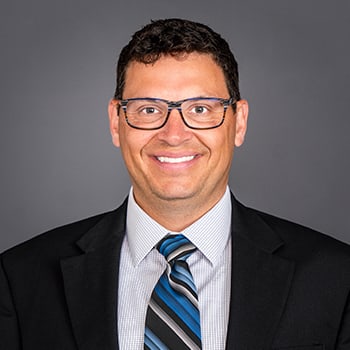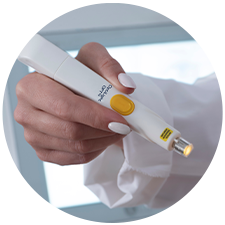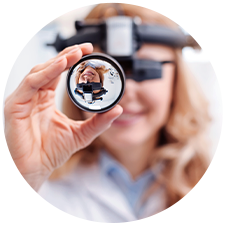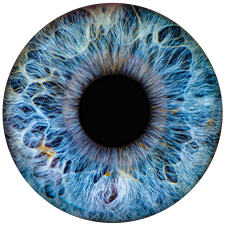Personalized Eye Care Across North Dakota
At Professional Eyecare Centers, our community is our priority. We strive to do right by our community, and across our 6 locations in North Dakota, we offer various eye care services that help do just that.
Whether you need dry eye treatment, myopia control for your children, new glasses, or even laser eye surgery consultations, we are here for you. Dr. Frohlich and the rest of the team are always looking for new ways to give back to the community, starting with excellent patient care.
Look no further than Professional Eyecare Centers for all your optometry needs. Contact us to schedule your appointment today.
Book AppointmentOur Mission
At Professional Eyecare Centers, we’re all about giving you a memorable and productive eye care experience. With modern technology and top-notch service, we want you to feel your eyes are in good hands. Plus, we’ve got an amazing selection of frame styles to suit your unique taste and personality.
Trust us to take care of your eyes and help you find the perfect frames to express your personal style.
Your Insurance Options
We accept the following insurance providers:
- Sanford NDPERS
- Sanford Health
- Superior
- TRICARE for Life
- UMR – Both
- UnitedHealthcare – MEDICAL ONLY
- Veteran Affairs (VA) – Please contact your local VA office to set up an appointment with us.
- VSP
- Workers Comp – Patient must have an authorization number from their employer for us to submit to medical.
- Tricare West
If you do not see your insurance provided listed above, please give our team a call and we can discuss your options.

Our Locations
Edgeley
- Phone: 701-493-2853
- Email: [email protected]
- 509 Main Street
- Edgeley, ND 58433
Hours
- Monday: Closed
- Tuesday: Closed
- Wednesday: Closed
- Thursday: Closed
- Friday: 9:00 AM – 4:30 PM
- Saturday: Closed
- Sunday: Closed
Ellendale
- Phone: 701-407-0256
- Email: [email protected]
- 105 Main Street
- Ellendale, ND 58436
Hours
- Monday: 1:15 PM – 4:30 PM
- Tuesday: Closed
- Wednesday: Closed
- Thursday: 9:00 AM – 4:30 PM
- Friday: Closed
- Saturday: Closed
- Sunday: Closed
LaMoure
- Phone: 701-800-5655
- Email: [email protected]
- 100 1st Ave N
- Lamoure, ND 58458
Hours
- Monday: 9:00 AM – 11:45 AM
- Tuesday: Closed
- Wednesday: 9:00 AM – 4:30 PM
- Thursday: Closed
- Friday: Closed
- Saturday: Closed
- Sunday: Closed
Valley City
- Phone: 701-845-5000
- Email: [email protected]
- 200 Central Ave N Ste. F
- Valley City, ND 58072
Hours
- Monday: 9:00 AM – 5:00 PM
- Tuesday: 9:00 AM – 5:00 PM
- Wednesday: 9:00 AM – 5:00 PM
- Thursday: 9:00 AM – 5:00 PM
- Friday: 9:00 AM – 5:00 PM
- Saturday: Closed
- Sunday: Closed
Carrington
- Phone: 701-652-2222
- Email: [email protected]
- 6712 Hwy 200 East
- Carrington, ND 58421
Hours
- Monday: 9:00 AM – 5:00 PM
- Tuesday: 9:00 AM – 5:00 PM
- Wednesday: 9:00 AM – 5:00 PM
- Thursday: 9:00 AM – 5:00 PM
- Friday: 9:00 AM – 5:00 PM
- Saturday: Closed
- Sunday: Closed
Jamestown
- Phone: 701-252-5000
- Email: [email protected]
- 210 10th Street SE
- Jamestown, ND 58401
Hours
- Monday: 9:00 AM – 5:00 PM
- Tuesday: 9:00 AM – 5:00 PM
- Wednesday: 9:00 AM – 5:00 PM
- Thursday: 9:00 AM – 5:00 PM
- Friday: 9:00 AM – 5:00 PM
- Saturday: By Appointment Only
- Sunday: Closed
Our Brands





